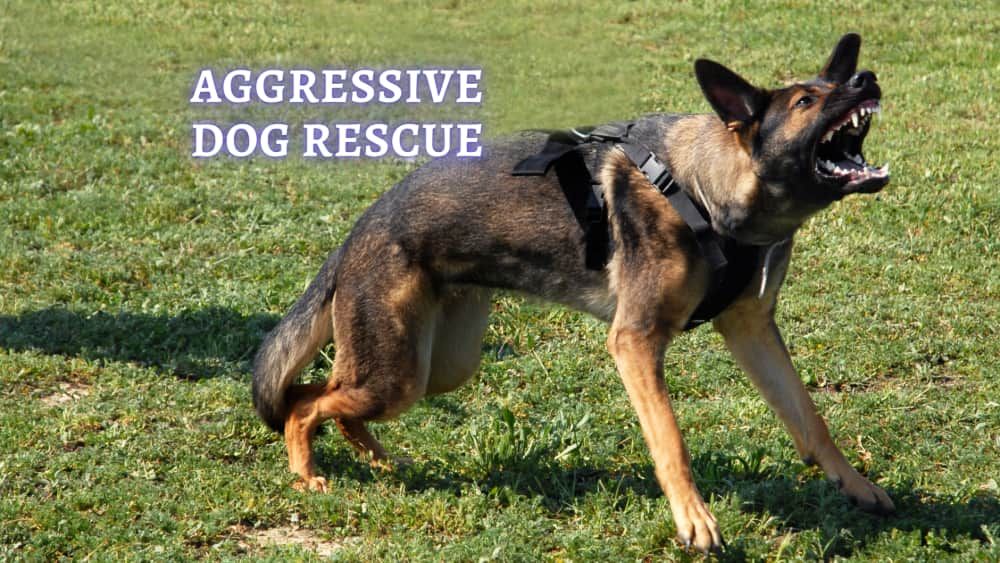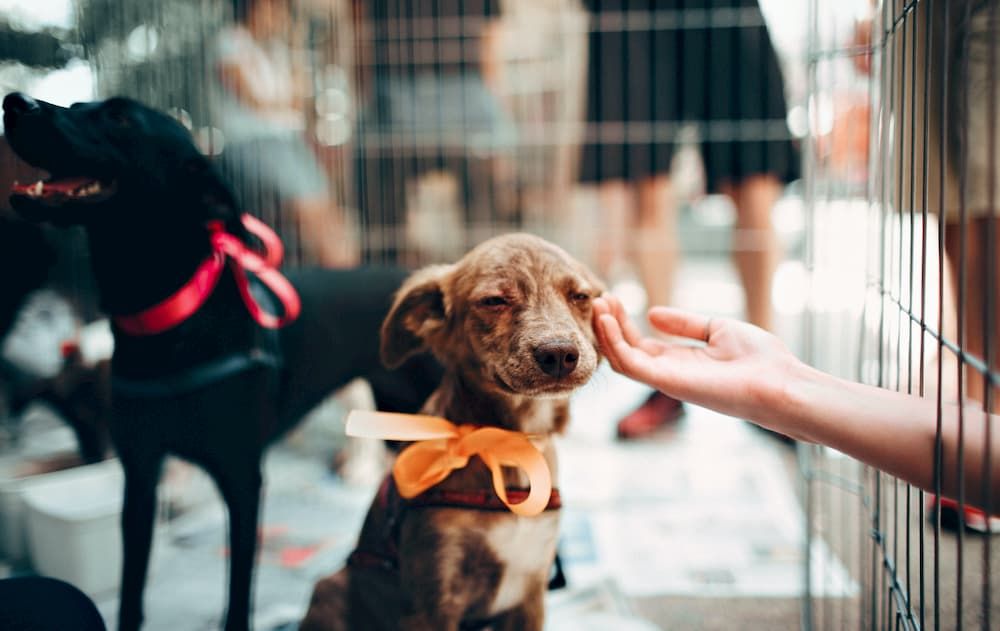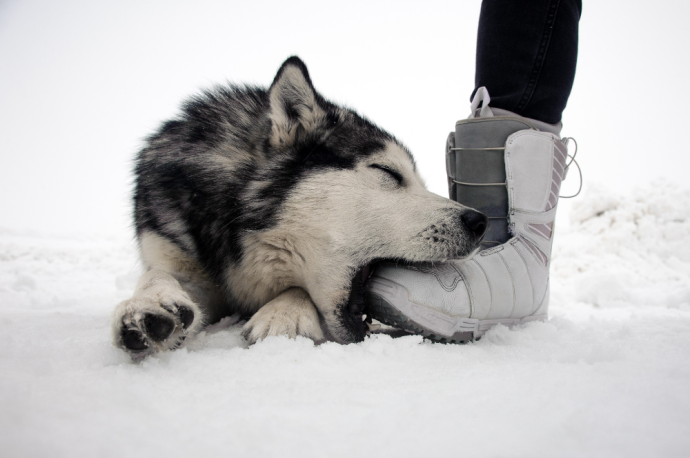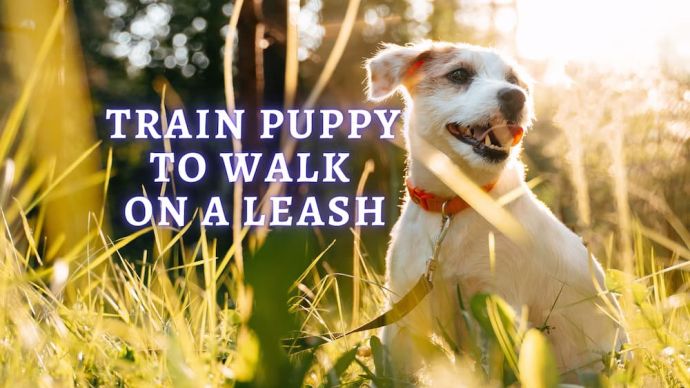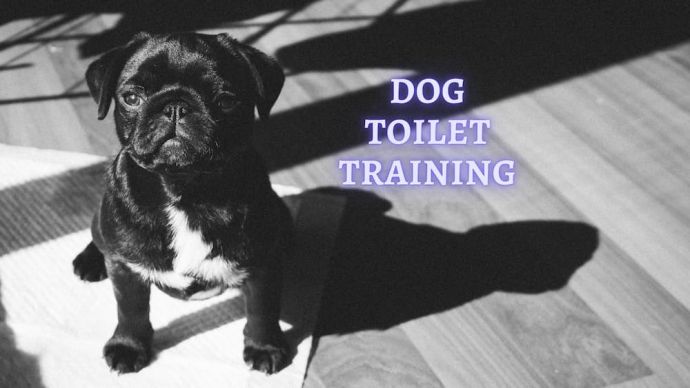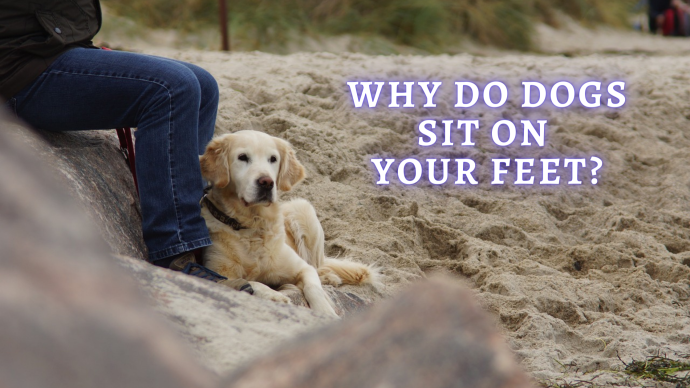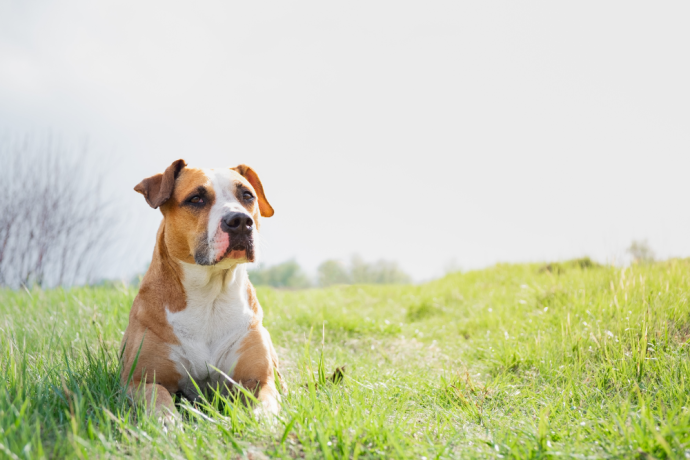Aggressive Dog Rescue: What You Need to Know
Written by:
Author: Alina Andreeva
Alina A. is a professional writer, editor, and pet-lover. She has published over 50 articles on how to care for pets properly. Alina has been writing articles for 3 years, so she has considerable experience in this niche. Her natural curiosity helps her to expand her knowledge and learn new pet care life hacks, which will make your life much easier.
View all 79 articlesLearn about our editorial process and veterinary review board.
Reviewed by:
Veterinary review
by Dr. Joanna De Klerk
Dr. Joanna de Klerk is a professional Clinical Veterinarian. Member of the Royal College of Veterinary Surgeons UK and a member of the South African Veterinary Association. Graduated with a Master of Science in Tropical Animal Medicine in 2018. Professional author, she has been writing in scientific journals, and also several book series. Joanna loves to enjoy time with her young daughter and family in her free time.
View all 10 articlesLearn about our veterinary review board
Viewed: 732
Updated on: 01/10/2023
If you are a dog parent of an aggressive hound, you might have tried various methods to soften your pet’s character and make life easier for you. Your strategies might not have worked out because they were incorrect; maybe you didn’t know what to do. Hostile behavior may have become a regular part of your pup’s life.
It is an enormous responsibility to own an aggressive pet. The costs of treating canine bites may put a considerable dent in your bank balance, which explains why most insurance companies do not want to cover hounds with a bite history. Also, dog bites can cause severe injuries to yourself, your friends, and your family members. And it would be best if you remembered that you are responsible for that in the eyes of the law.
READ MORE: Best Harness for a Husky
Causes of Dog Aggressive Behavior
If your pet shows aggression, you must consider why and in what situations it happens. Aggression does not appear out of thin air. If you can’t get to the bottom of its cause, then you will need professional help. But remember, if your pet shows signs of aggression, do not scold him or use physical punishment – this will only aggravate the problem and reinforce that it is ok to act like that, as you are acting that way too. [1]
So, let’s find out why your pet behaves aggressively towards you or others. And the first of the possible options is the breed of your dog. Few people understand that they should be conscious of the breed choice. For instance, a delicate girl should not get a shepherd or other large pet as her first pet, which may consider him a leader in a “pack.” Experts do not recommend fighting breeds for home keeping. Too active or hunting dogs require professional training. [2] It’s also important to remember that active breeds who are not naturally aggressive may still develop behavioral problems if not exercised enough.
The next problem is poor-quality dog training or lack of training. How you treat your pup, communicate with him, and react to one or another of his actions form the dog’s behavioral model. If you want your pet to grow up well-trained and obedient, devote enough time to him and do not ignore even minor offenses such as begging or barking at passers-by. The most effective method of training your dog is positive reinforcement; however, this doesn’t mean you can’t say no. It would be best to become your dog’s pack leader without using aggression. If you do not engage in your dog’s training and teach your pet obedience, it will be difficult for you to explain why your adult dog can’t bark at your family members and why he can’t take away a pie or a toy from your kid. [3]
A lack of attention may also cause dog aggression. If you have a dog, you need to spend a lot of time with him. A long separation from you, being alone most of the time, and lack of communication and walking can cause fear and stress in your dog, affecting his behavior and mental health. So, if you see your pet becoming more aggressive, consider whether you pay enough attention to him. He may also be jealous of your love for other pets or family members. [4] However, he must not give in to his jealousy, as he must learn that his place in the pack is beneath other family members.
Also, dogs may behave aggressively when protecting their territory. Your pooch can growl or bark at your guests or even family members if it seems to him that someone is encroaching on his territory. To prevent such a thought from occurring to your pet, you should give him personal space in the house or the yard. Let it be even a small corner with his bed and toys – the most important thing is that your pet feels that he is safe and in control in that space, and those around him should respect his boundaries in this particular space. [5]
READ MORE: What to Do if Your Dog Bites Someone?
Can an Aggressive Dog Be Cured?
Owners of dogs with a bite history often ask whether they can ever be sure that their pooch pal is “cured.” Given behavioral modification methods that affect the hostile behavior, our current understanding is that the frequency of certain types of aggression can be decreased and, in some cases, eliminated. However, there is no guarantee that an aggressive dog will not show signs of aggression in the future. Sometimes, dog parents can solve this problem only by avoiding situations, people, or things that cause their aggression. [6] Other times, seeking the help of a professional behaviorist will decrease your pet’s anxiety, dominance, aggression, or alter coping mechanisms to reduce biting frequency.
READ MORE: How to Deal with Aggressive Dogs the Right Way
Why Rehoming Is Not the Right Approach
Some day or other, you may consider re-homing your pooch as an easy way out, but this decision is often not in the best interests of your dog.
Re-homing is a high-stress event for most pets and will likely lead to increased fear and aggression levels. Thus, the new dog parent may risk getting seriously injured, and the dog may risk being put into a shelter or re-homed again – and the vicious cycle begins again.
However, there are a few cases where re-homing the pup might be a good option. One of them covers dogs that have inter-dog aggression. This is when dogs that don’t get along with other pups can live virtually trouble-free in a single-dog home. New dog parents need to be well aware of the problem, so they know in advance that they will have to cope with other dogs on walks and in other places where your dog may meet other dogs.
There are cases when a hound can’t get along with felines, small animals, and livestock. These pets can be happy with a quiet life in households without cats, livestock, and the like. These are just a few scenarios in which a re-homing might be the right solution.
Dogs that have been aggressive towards humans for a long time should not be re-homed. Even if a pet is aggressive towards kids but does well with adults, he should not be re-homed for the simple reason that he is a liability.
So what to do with a pup who has a history of resorting to aggression? Putting your four-legged friend down may seem like a big step. However, it is important to understand that there are situations where there is little you can do for your dog. The best option is to ask a professional animal behaviorist to evaluate your dog’s chances for rehabilitation. This person can give you an idea of whether there is hope for improvement or whether the most humane measure is putting the aggressive dog down for the safety of everyone.
How Do You Deal With an Aggressive Dog Rescue?
There are a few steps dog parents can take before they decide to put the aggressive dog down.
- Contact a veterinarian. Some medical conditions may cause aggression. A sick pet may suffer from pain. Several conditions cause aggressive displays, such as ear infection, brain tumor, hypothyroidism, and chronic pain. Some medications also remove inhibition and increase the chances of biting. Likewise, your veterinarian may be able to discuss medications that can help calm your dog down and reduce anxiety.
- Consult a knowledgeable canine behaviorist. This specialist can tell you whether any behavior change methods and training can help your pooch pal.
- Many shelters will not take aggressive pets (since their goal is to find a new home for a dog). However, they may know people who may adopt the pup if his aggression level is considered mild.
- You can choose to make an effort to reduce the liability associated with your pet by keeping him in a private area at all times apart from when exercising when he should wear a muzzle at all times. Muzzles, strong leashes, fences are a must for those who decide to use this option.
- While no-kill shelters may take a dog with a history of resorting to aggression, they will most likely never take a hound with a bite history [7][8].
- Don’t try to manage your pet’s aggression on your own. Remember: you cannot learn to deal with aggression just by watching a TV show!
READ MORE: How to Calm Your Dog
The Bottom Line
Aggression is one of the most serious behavior problems in canines. It is also the number one reason why dog owners seek professional help from trainers, veterinarians, and behaviorists. Rehabilitating your aggressive dog is a daunting task. However, with the right treatment and professional help, an aggressive dog’s behavior can be improved, and sometimes even cured.
Article Sources:
- Sheaffer, Scott. “When Should I Euthanize My Dog?” USA Dog Behavior, LLC, 30 Jan. 2018, usadogbehavior.com/blog/2018130when-should-i-euthanize-my-dog.
- “Common Dog Behavior Issues. Aggression.” ASPCA, aspca.org/pet-care/dog-care/common-dog-behavior-issues/aggression.
- Wilde, Nicole. “Options for Severely Aggressive Dogs.” HuffPost, 14 Oct. 2014, huffpost.com/entry/options-for-severely-aggressive-dogs_b_5668918.
- “Aggression in Dogs.” Animal Humane Society, animalhumanesociety.org/behavior/aggression-dogs.
- “I.C.A.R.E. Dog Rescue Mission.” I.C.A.R.E. Dog Rescue, 18 Dec. 2020, icaredogrescue.org/.
- Canine Rehabilitation Center and Cat Sanctuary. crcsdogs.org.
- Oursler, Teri Ann. Adopting Out Aggressive Dogs. 30 Oct. 2020, vin.com/vetzinsight/default.aspx?pid=756&id=7218009.
- Farricelli, Adrienne. “Considerations for Rehoming Aggressive Dogs.” PetHelpful – By Fellow Animal Lovers and Experts, 18 Dec. 2020, pethelpful.com/dogs/Dog-Behavior-What-to-Do-With-a-Dog-With-a-Bite-History
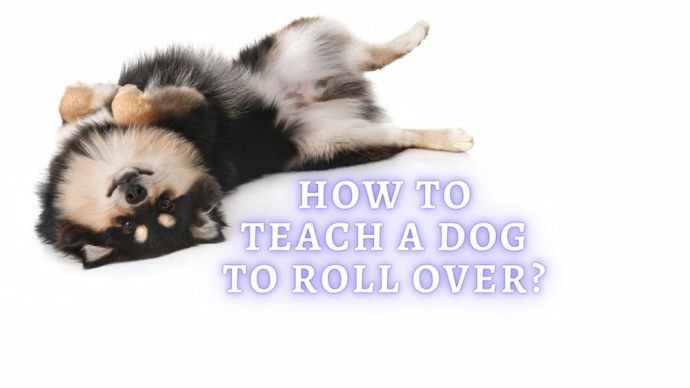 Dog Training How to Teach a Dog to Roll Over? 7 Easy Steps to Teach a Dog Roll Over Command
Dog Training How to Teach a Dog to Roll Over? 7 Easy Steps to Teach a Dog Roll Over Command - 414
- 0
 Dog Veterinary Tips Why is my Dog throwing up: Causes and Preventing (Veterinary Advice)
Dog Veterinary Tips Why is my Dog throwing up: Causes and Preventing (Veterinary Advice) - 23424
- 5
 Dog Care Why Is My Dog Bleeding From Its Butt? Causes and treatment of rectal bleeding in the dog
Dog Care Why Is My Dog Bleeding From Its Butt? Causes and treatment of rectal bleeding in the dog - 22076
- 0
 Dog Care My Dog Keeps Scratching His Mouth: Reasons Why Your Dog Scratching Face
Dog Care My Dog Keeps Scratching His Mouth: Reasons Why Your Dog Scratching Face - 17561
- 1









